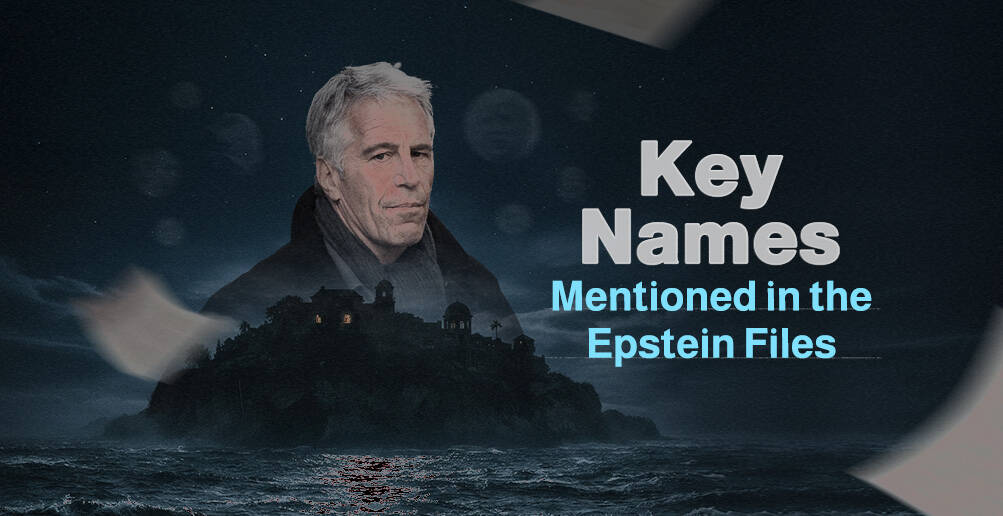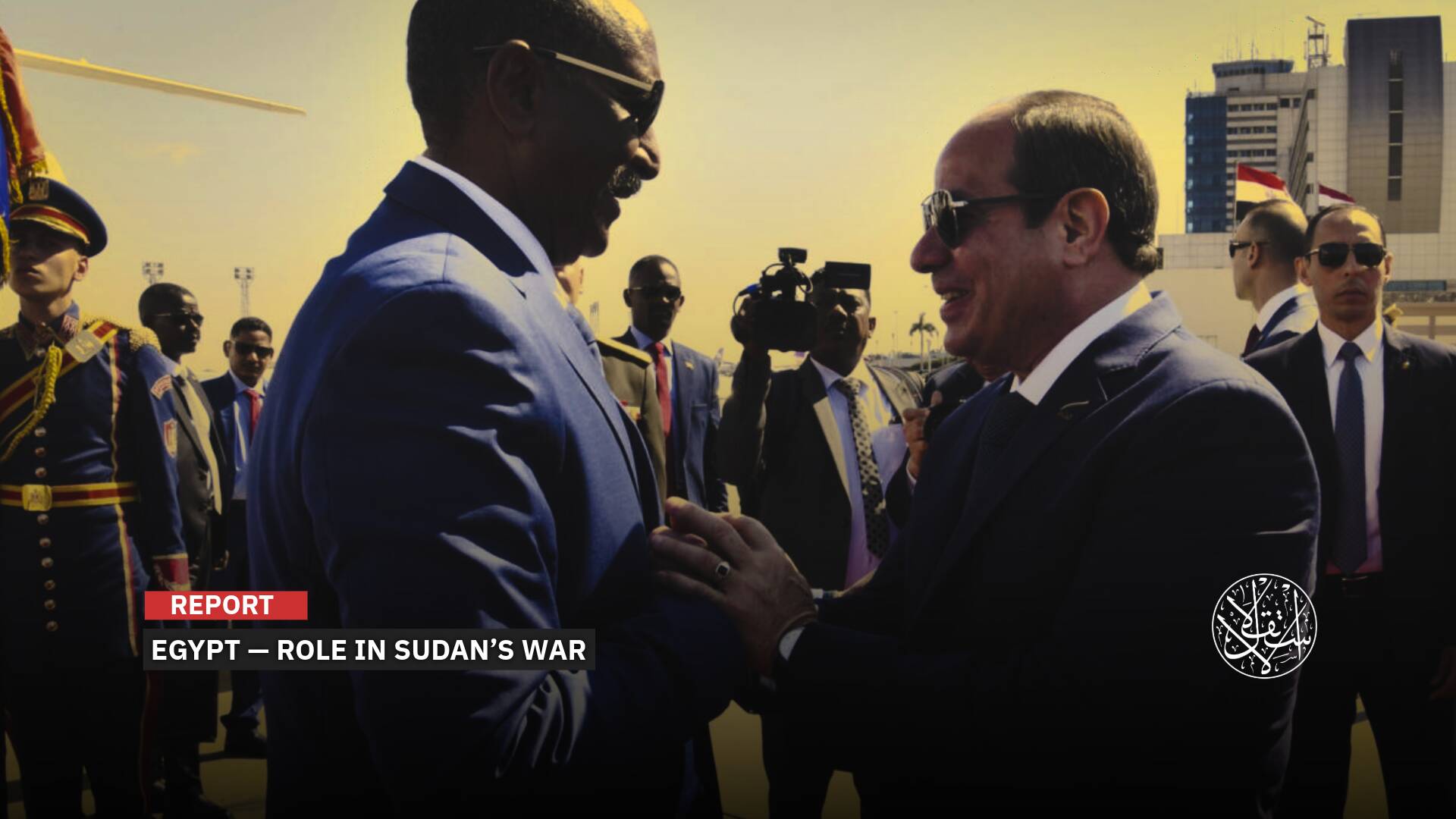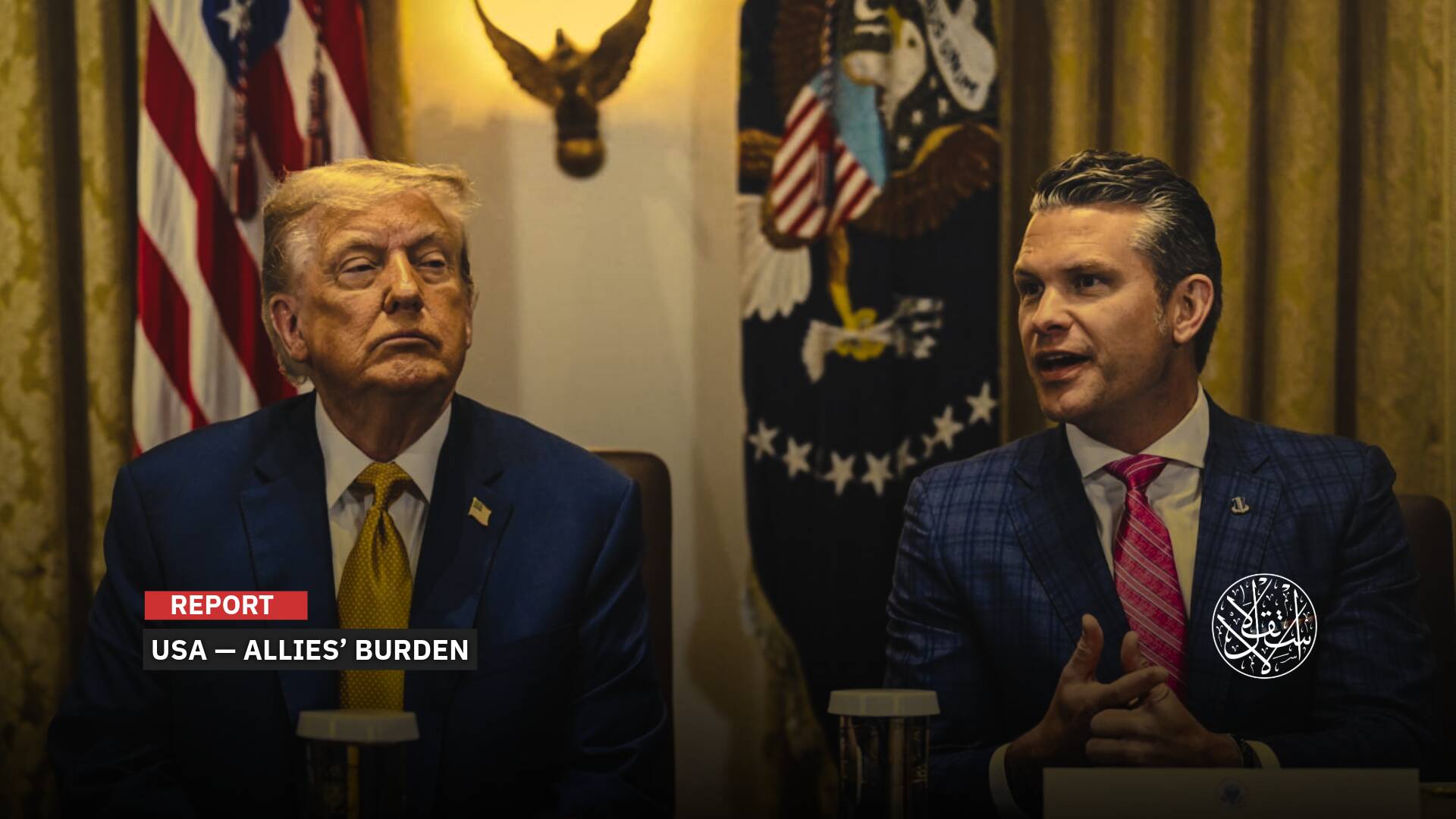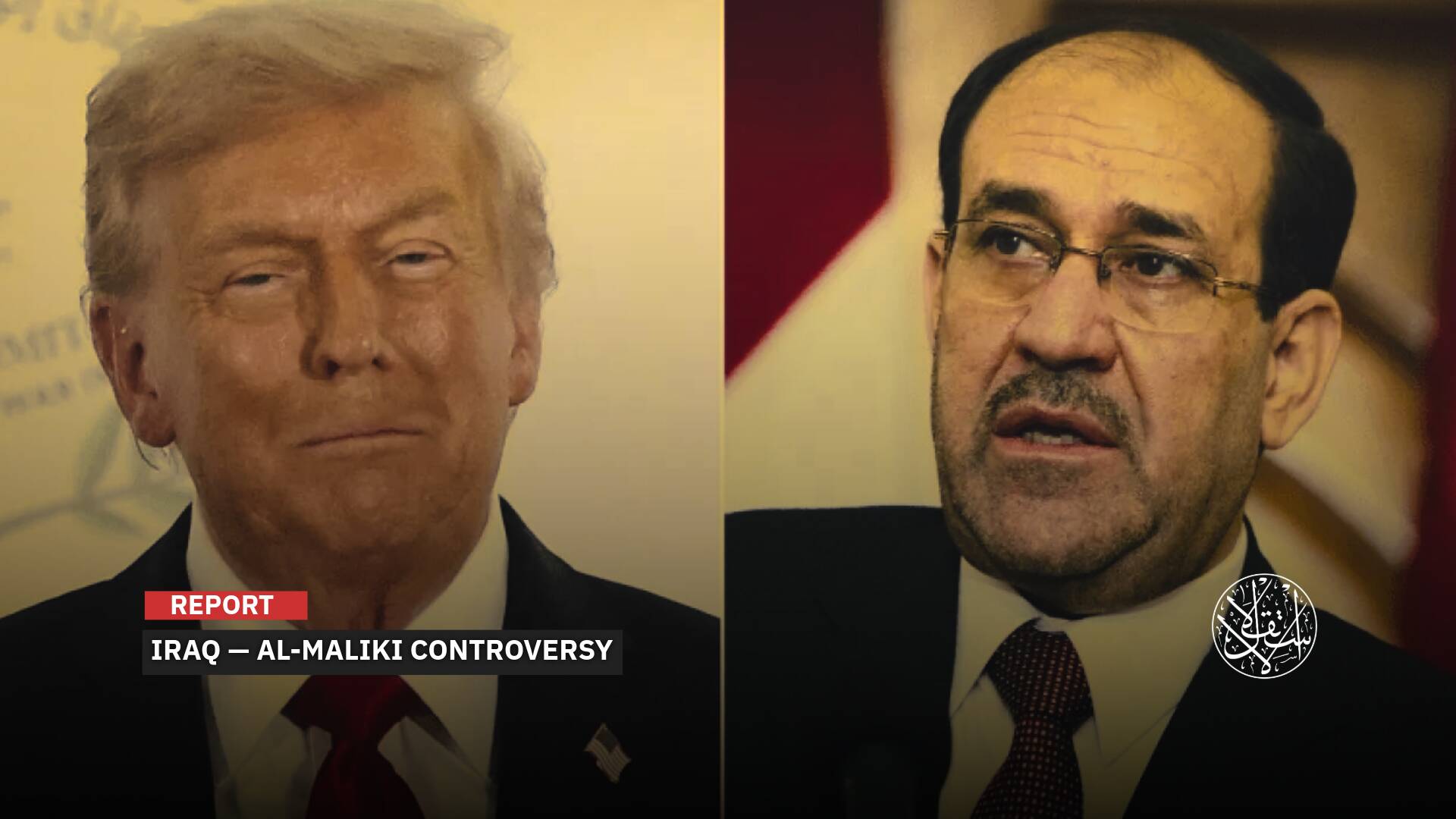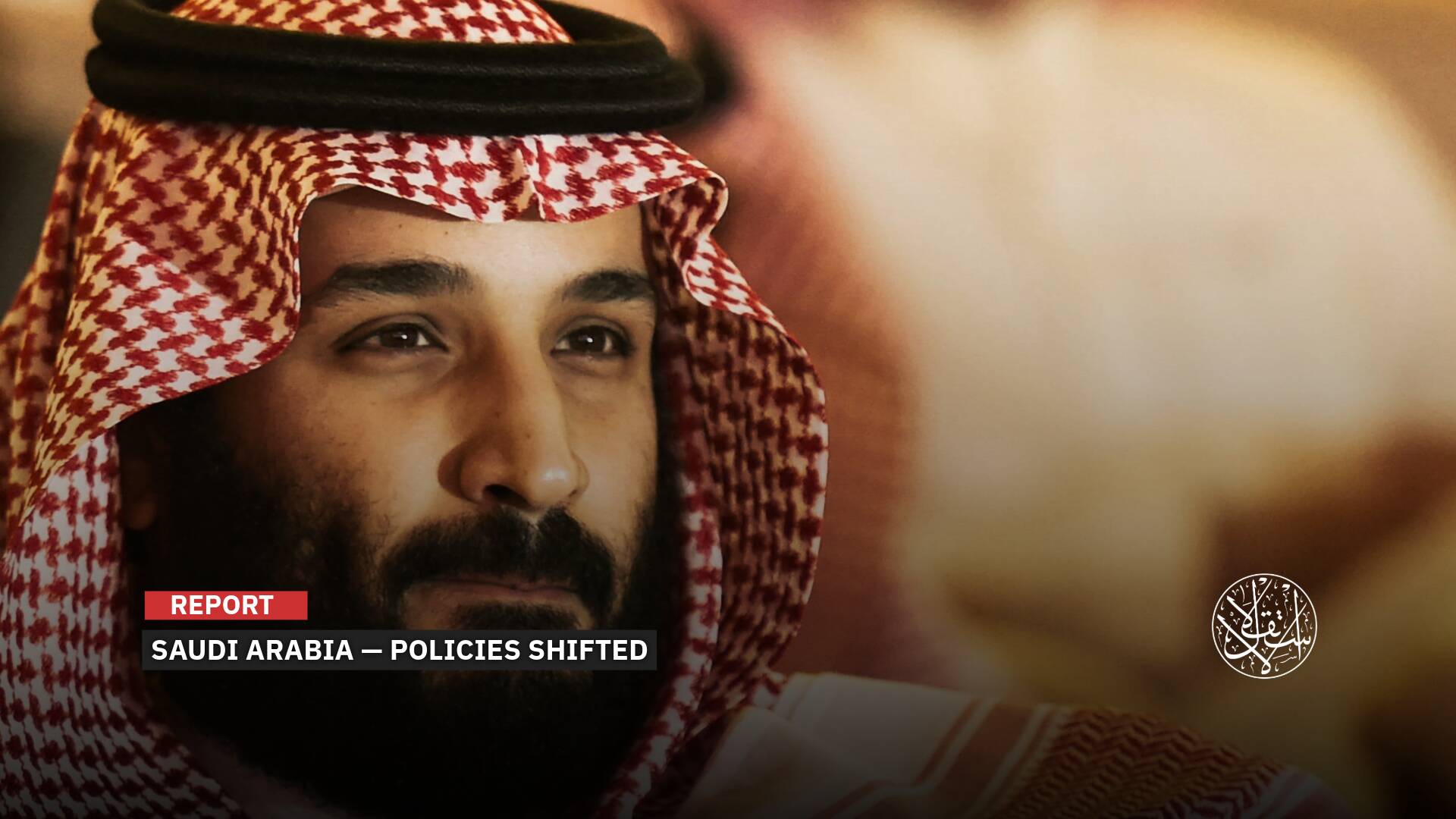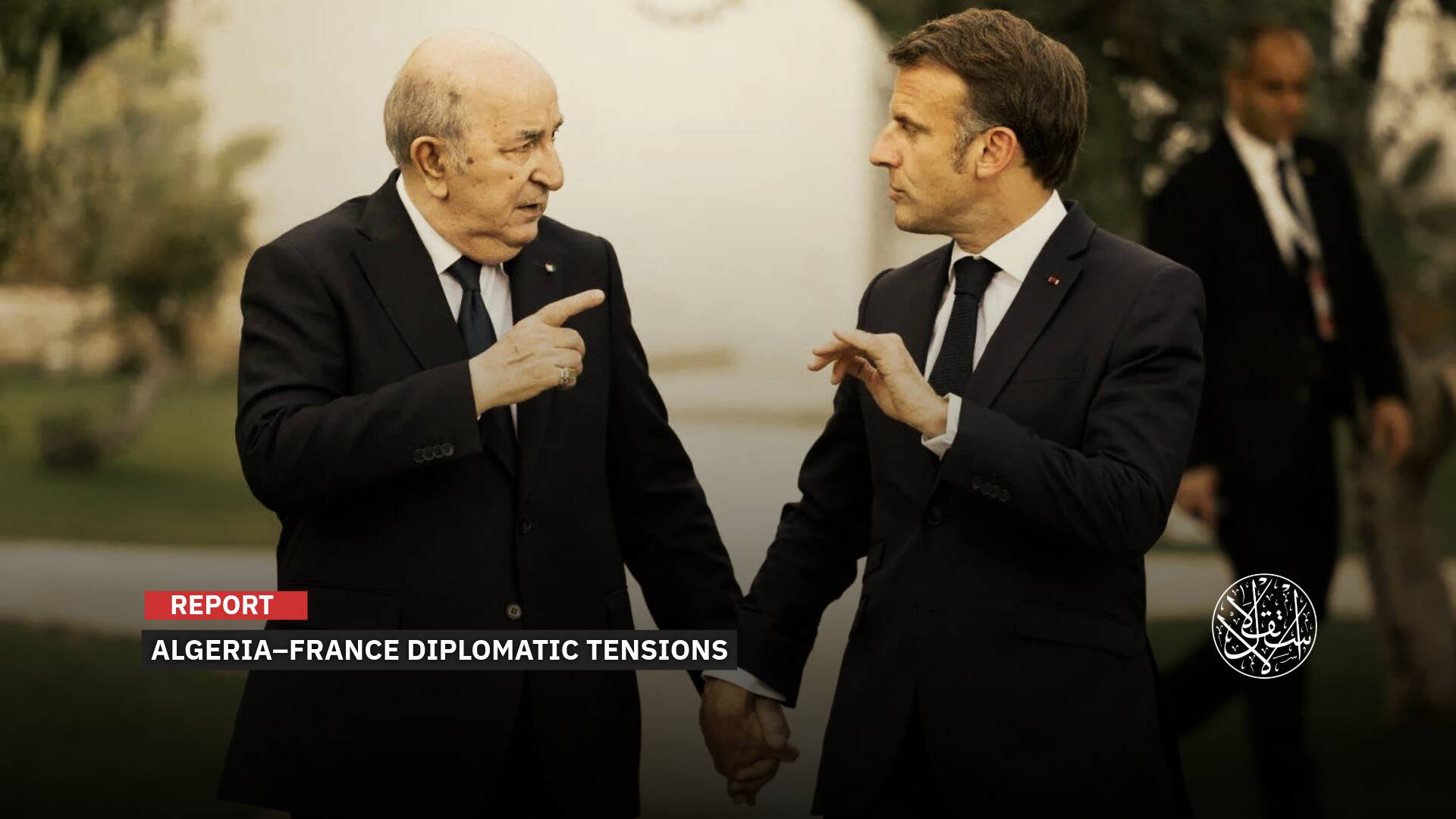‘The Last Attempt’: Macron Struggles to Regain France’s Influence in Africa

French President Emmanuel Macron revealed his nation’s revamped approach toward the African continent at a press conference held on February 27 at the Elysee Palace before setting off on his African tour.
Macron highlighted the new strategy as a revision of Paris’ earlier vision for managing its connections with Africa, calling for “humility” and the need to “construct a new, well-balanced, and responsible relationship with African countries.” He also declared an end to the “era of African France.”

Old Promises
However, France has previously proclaimed a new strategy aimed at ensuring the independence of African countries away from French influence.
Former French President Nicolas Sarkozy announced in 2007 a new policy focused on transparency, accountability, interests’ calculation, and equal dialogue after repeated failures of French policies on the continent.
Sarkozy described France’s relations with Africa as part of “the emotional and historical effects of the colonial era, which have hampered relations and strengthened the patriarchal role without politics being reflected on the ground in practice.”
In 2017, he described France’s relations with Africa as part of “the emotional and historical effects of the colonial era, which have hampered relations and strengthened the patriarchal role without politics being reflected on the ground in practice.”
As he prepares for a visit to the continent in 2023, Macron has outlined a new policy toward Africa, emphasizing the need for “new, balanced, and responsible” relations.
In doing so, he has rejected the strategic competition imposed by those who control the region with their armies and mercenaries, pointing to Russia as France’s strongest rival in Africa.
However, despite Macron’s efforts, France has been struggling to maintain its influence in Africa, which is waning in the face of growing competition from new powers such as Russia and China.
In parallel, demonstrations against France have taken place in African cities, and popular discontent has extended to the military elites in countries like Mali and Burkina Faso, where a new generation of military personnel has undermined French military presence.
Macron’s new plans come at a time of major shifts in Paris’ relations with a group of African countries and what many observers describe as “the collapse of France’s influence in areas considered traditional.”
While Macron insists that French forces will remain in Africa and will only reorganize their positioning, the biggest aspect of French intervention in Africa is its military presence, deployed in several countries with the goal of maintaining influence and interfering in the affairs of African nations.
Despite Macron’s vision for a new, balanced relationship with Africa, the reality is that France will continue to exert its influence on the continent through military means. As Macron prepares for his upcoming tour of Africa, it remains to be seen whether his new policy will be enough to restore France’s waning influence in the region.

New Goals
French President Emmanuel Macron embarked on a tour of four African countries, including Gabon, the Democratic Republic of the Congo, Angola, and Congo-Brazzaville.
His first stop was in Libreville, the capital of Gabon, where presidential elections were to be held later this year. France has traditionally played a key role in these elections, deciding who wins and who loses the top seat.
The French presidency issued a statement saying that Macron’s visit aimed to strengthen relations with English- and Portuguese-speaking African countries and deepen ties with them in various fields, including education, health, scientific research, culture, and defense.
The French president had promised to prioritize Central Africa in his second term and had previously toured Cameroon, Benin, Guinea-Bissau, Algeria, and Tunisia, but he canceled his planned visit to Morocco in February.
Macron emphasized the end of the Francophonie era and the policy of supporting dictators, marking a shift in France’s approach toward the continent.
He outlined the new strategy, which includes reducing the number of French troops in Africa from 5,500 to 3,000, turning military bases into academies jointly run by France, European, and African countries, and focusing more on development projects and humanitarian needs.
He also rejected strategic competition and expressed interest in expanding relations with English-speaking countries such as Kenya, Ghana, and Nigeria while promoting soft power with French-speaking countries by facilitating student visas and supporting local sports.

French Loss
According to the French newspaper Libération, Macron’s promises demonstrate an awareness of the lessons learned from the Sahel region, where the French military presence was ultimately rejected in Mali and Burkina Faso.
But some critics say that the new strategy is a mere announcement of defeat. Political researcher Basel Reda commented on the new French plans for Africa, noting that due to the changing attitudes in Africa and their rejection of France’s representative, the French president’s statements about a new policy toward Africa present an attempt to escape from his failures in dealing with various issues during his reign.
Reda described this strategy during his interview with Al-Estiklal as a decline in France’s role in Africa and a retreat in favor of emerging powers.
He added that France is trying to adapt to current conditions in Africa and respond to events that have limited their options for maintaining influence on the continent.
However, Reda notes that there are several challenges facing this new policy, including bureaucratic shortcomings and complexities in foreign policy circles, controversial political positions on African issues, and competition from other countries such as China, India, Israel, Saudi Arabia, and Turkiye as development partners.
“At its heart, France’s strategy is to reposition itself in Africa by reprocessing the continent’s problems and reforming the imperial connection between the French colonial authority and its former African colonies without any real effort to disconnect the African countries from France,” Reda concluded.


